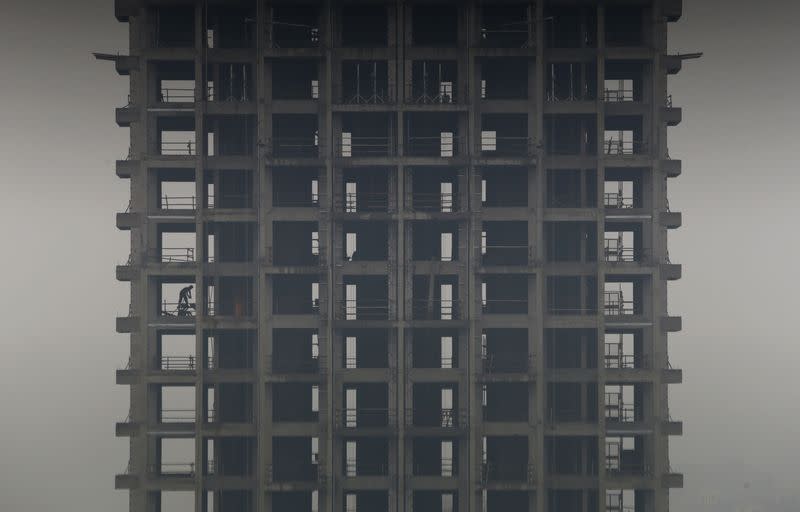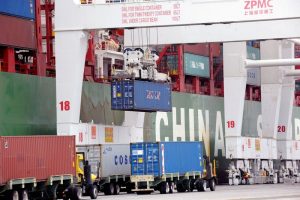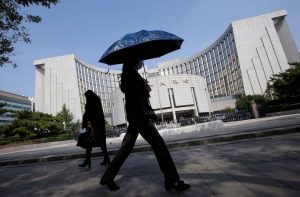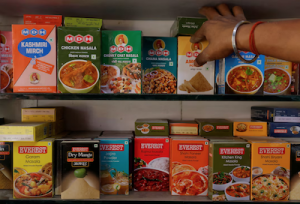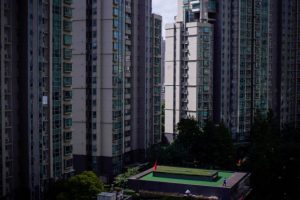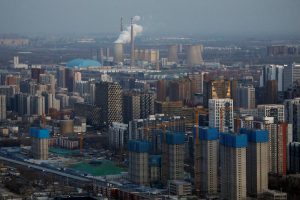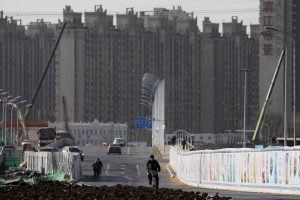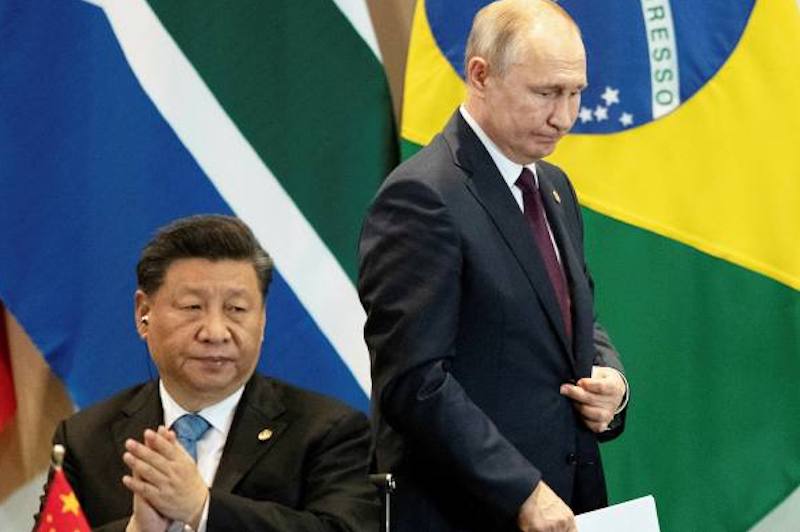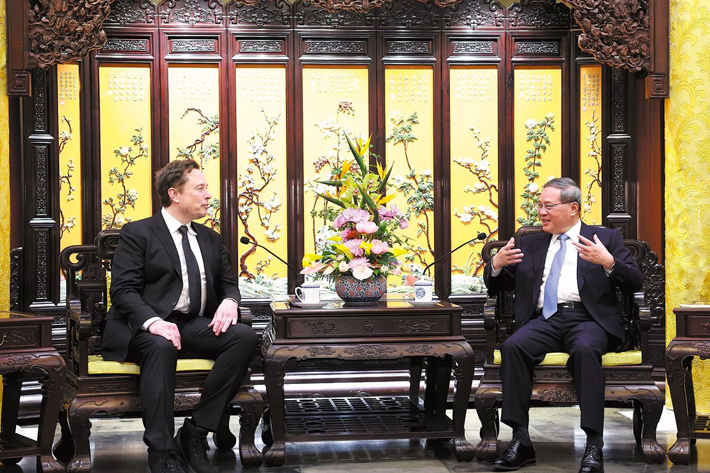Two big cities in China have scrapped restrictions on home buying this week to bolster local property markets.
The moves in Hangzhou and Xian, which are both provincial capitals, mean buyers can avoid vetting of potential buyers, which were required previously to deter speculators and block purchases by individuals who may not be local taxpayers.
Analysts are watching to see if other large cities follow the same path.
ALSO SEE: China’s Exports, Imports Grew in April, as Demand Picks up
The last property boom in many cities ended around 2020-2021 due to the pandemic and strict borrowing limits were imposed by regulators to contain the towering debts accrued by developers.
Declining home prices in markets, including traditionally hot locations such as Hangzhou, have since chilled buyer sentiment, hitting a sector that once accounted for a quarter of China’s economic output.
Authorities have been ramping up measures to prop up the troubled sector, but many of the policies have been piecemeal in nature or have only a limited, short-term impact.
Sales in Hangzhou down by 75% in April
In Hangzhou, capital of wealthy Zhejiang province, new home prices edged up 1% year-on-year in March, the slowest pace in nearly six years, according to the latest data from China’s statistics bureau.
In April, the city’s new home sales stood at 310,000 square metres, slumping 75% year-on-year, a survey from real estate firm CRIC showed.
Then, on April 30, a meeting of Communist Party leaders called for measures to support the property sector, saying it would improve policies to clear mounting housing inventories.
A day earlier, the southwestern city of Chengdu, home to 21.4 million residents and capital of Sichuan province, dropped all home-buying limits.
Hangzhou is the first city to completely abolish purchase restrictions after that meeting, analyst Yan Yuejin at E-house China Research and Development Institute, a private real estate service provider, said.
Hangzhou, a city of 12.5 million people, is also China’s answer to Silicon Valley, being home to technology majors including Alibaba Group and NetEase. It has been a magnet for tech talent from all over China.
The city’s decision will be “very inspiring” for other cities that still have curbs, and a wave of cities will see unprecedentedly large-scale policy easing starting in May, Yan predicted.
On Thursday (May 9), authorities in Xian, a city of more than 13 million residents and capital of northwestern Shaanxi province, will also allow private companies and government-affiliated institutions to buy second-hand housing and newly-built apartments, in a move to reduce swelling housing inventories.
The initial reaction by analysts to the moves by Hangzhou and Xian was lacklustre.
“Relaxing purchase restrictions has proven ineffective at reviving demand,” said Joe Peissel, an economic analyst at Trivium China.
“That’s because there are massive excess supplies of housing – both new builds and secondhand units – that weigh on prices and deter buyers from re-entering the market.”
Only 7 big cities and Hainan enforcing restrictions now
Currently, only southern Hainan province, the northern city of Tianjin, the southern cities of Zhuhai and Hengqin, and China’s four biggest cities – Beijing, Shanghai, Guangzhou and Shenzhen – still enforce purchase restrictions.
“Except for the biggest cities of Beijing and Shanghai, easing the purchase restrictions in other cities are only symbolic,” Zhang Dawei, an analyst at Centaline Property Agency, said.
“What really affects demand is that people expect house prices to fall, there is no investment value, and they can’t make money, so few would buy property whether or not there are purchase restrictions,” Zhang said.
But analysts do not expect the four tier-one cities – Beijing, Shanghai, Shenzhen and Guangzhou – to drop all their restrictions soon.
“There is not going be a blanket drop for restrictions in all tier-one cities, but certainly they will continue to be relaxed until there is a sustainable rebound in demand,” Peissel said.
“Prices need to fall much further before the property market reaches a new equilibrium and homebuyers have the confidence to re-enter the market,” he said.
During the five-day May Day holiday, China’s average per-day home sales by floor area plunged 47% from a year earlier, figures from the China Index Academy showed, among the country’s largest independent real estate researchers.
The competition among cities to remove purchase restrictions could also dilute demand in certain segments of the market, the analyst Yan said.
“Because of the already limited demand, some people may go buy new homes after the easing, which will have a short-term negative impact on the second-hand housing market,” Yan said.
- Reuters with additional editing by Jim Pollard
ALSO SEE:
China Home Sales Plunge by Half During May Day Holiday
China Will Favour Developers Who Help the Masses: Minister
Shares of China Property Developers Rally on Stimulus Hopes
China’s Property Crisis Slows in 2024 But Downturn Yet to Ease
China’s Property Struggles Deepen as New Home Prices Dive
Country Garden Warns of ‘Severe’ Tests in China Property Market
China Not Doing Enough to Spark Property Turnaround: Analysts
Mortgage Delinquencies in China Soared by 43% in 2023




